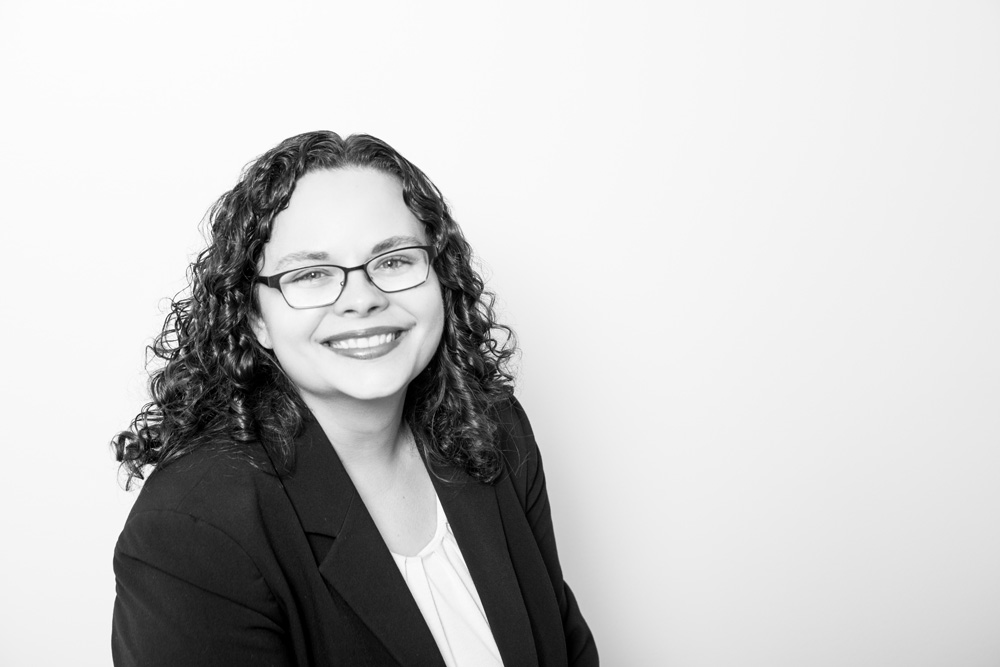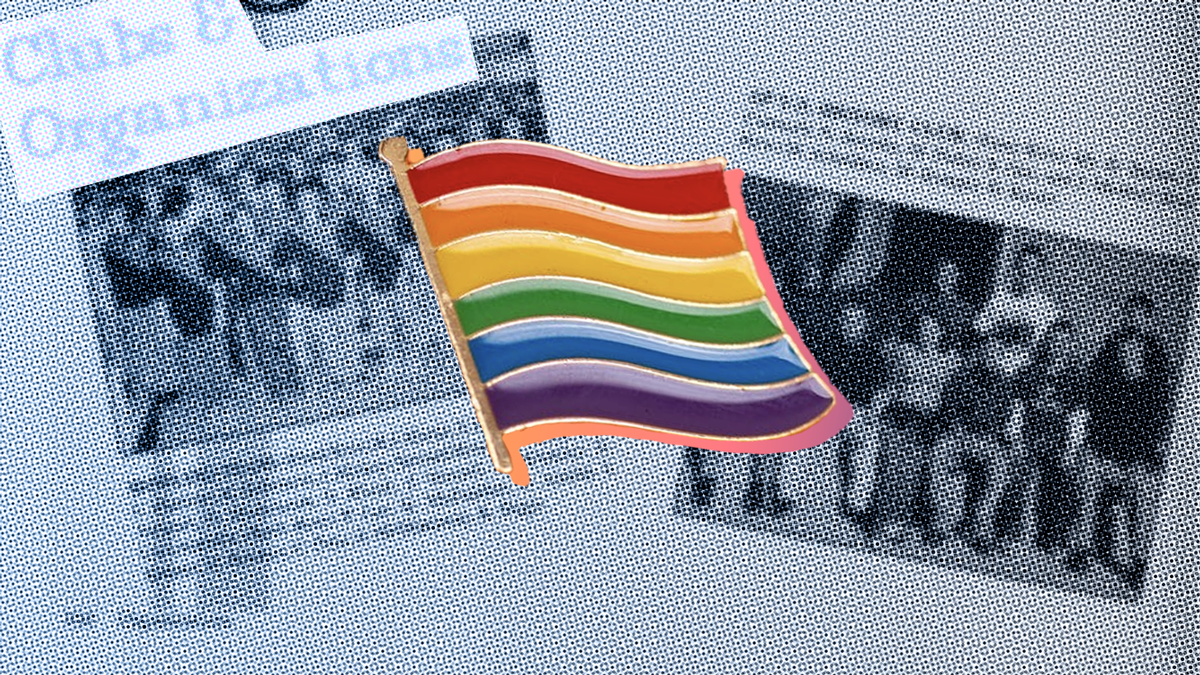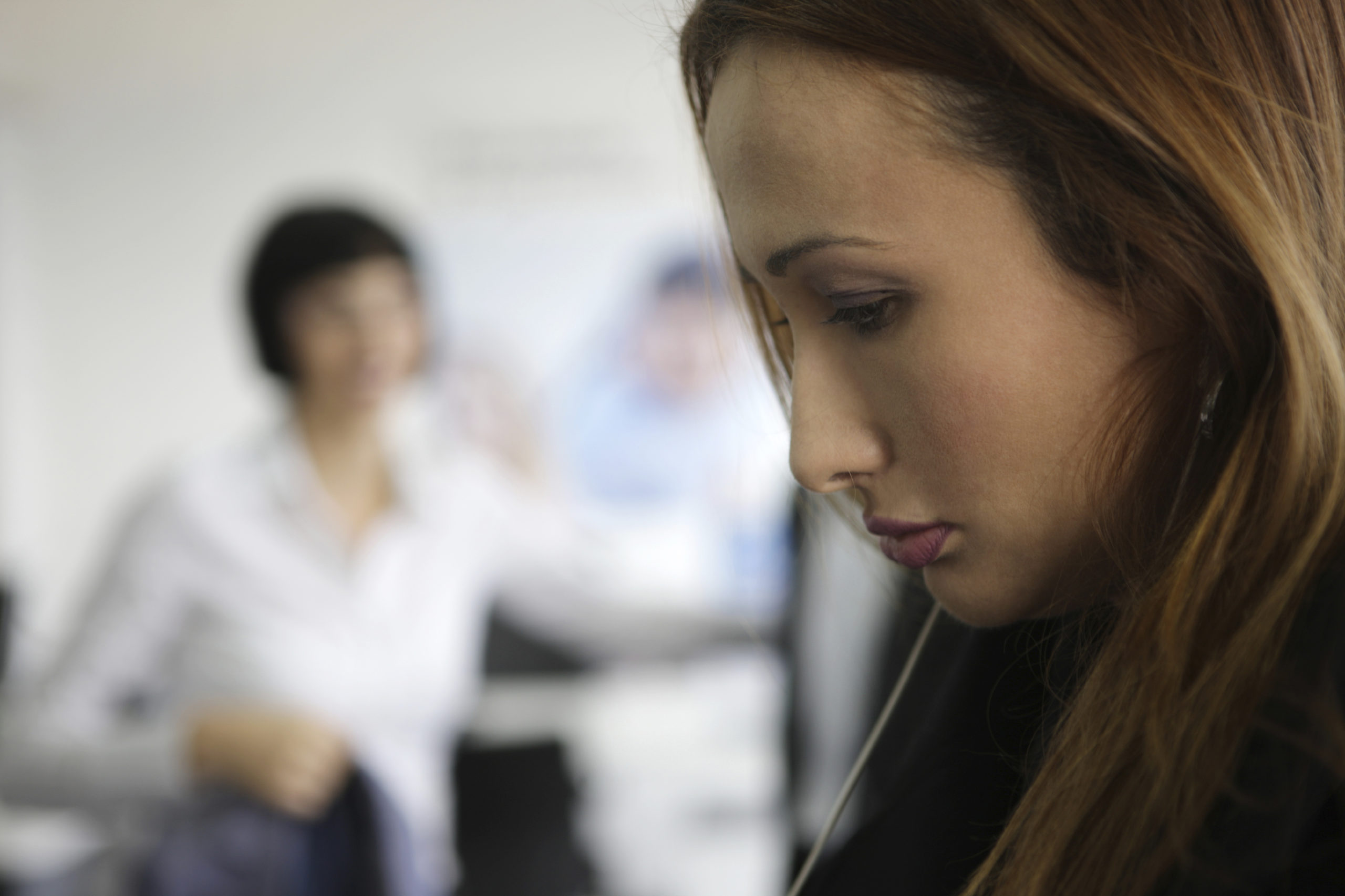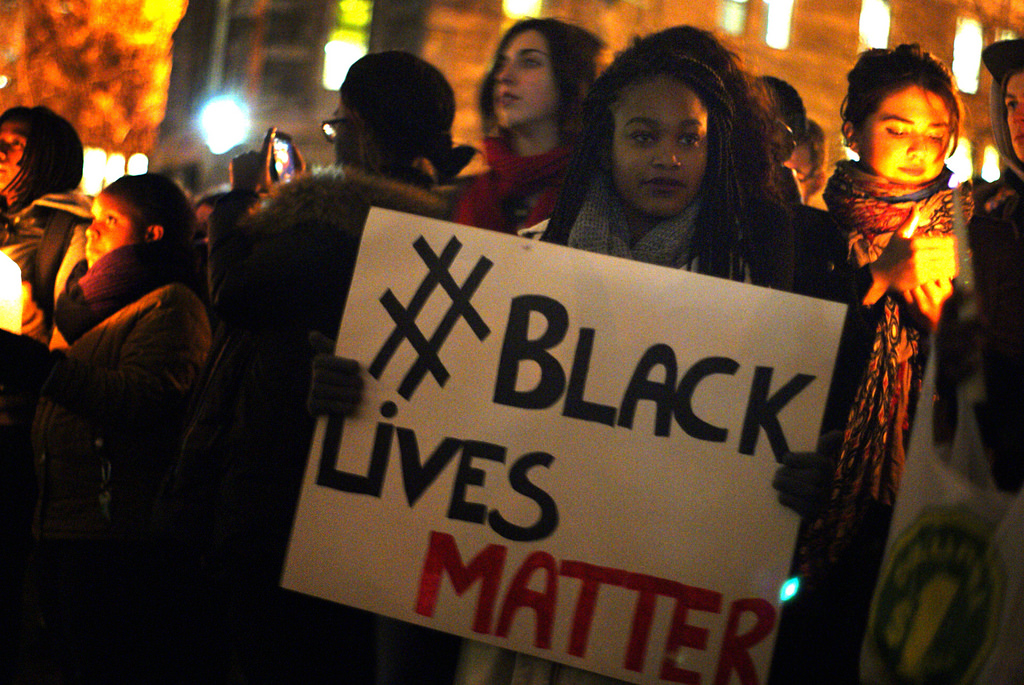Abortion rights, women of color, and LGBTQI+ people are under attack. Pledge to join us in fighting for gender justice.
Poverty Is an LGBTQ+ Issue Too

The L Word was most definitely part of my coming out process too. I remember borrowing the DVDs from a friend to watch in my college dorm room over and over. I grew up in rural Virginia and didn’t know what being gay was until late high school. I watched in awe as a group of queer women and allies created a tight-knit chosen family, with all of their ups and downs. Having moved out of my parents’ home two days after my high school graduation because my mother at the time did not create a very affirming atmosphere for me after I came out to my parents, I wanted a chosen family like that. But I also saw the lavish lifestyle presented in the show. That wasn’t a representation of my life. I empathized with Max in Season 3 (who still went by Moira at that point), who came from a lower-class background. Max met Jenny’s chosen family at a high-class restaurant, looked at the menu, and ordered a salad — the cheapest thing on the menu.

Max’s trouble fitting in with Jenny’s chosen family at the restaurant was awkward to watch. But it rang true for so many of us — not all LGBTQ+ people have lavish lifestyles. We are in fact at a higher risk of economic insecurity because of discrimination, bias, and other systemic barriers.
During Pride Month, we cannot forget that poverty is an LGBTQ+ issue too.
Let’s start with housing. I moved out of my parents’ home because back then, it didn’t feel like a completely safe environment for my mental health and well-being. I’d live at camp over the summers and at college during the school year. One summer I was discriminated against because I’m gay and lost my access to that housing for future summers. That was a major obstacle to my well-being, but I also had privilege in the situation. I had a school year to find housing. My parents did not kick me out of their house. Many other LGBTQ+ people face a heightened risk of homelessness because their parents kick them out, or because they face housing discrimination or employment discrimination that puts making their rent out of reach. This makes housing assistance critical for the LGBTQ+ community. Yet the Trump Administration wants to cut housing assistance in its budgets year after year and now through a proposed rule to spend millions to evict thousands of women, children, and families, including LGBTQ+ women and girls who live in mixed-status immigrant families or cannot produce documentation of their citizenship or immigration status.
If you’re boiling over this proposal as much as I am, tell Secretary Carson to keep families together and withdraw this cruel proposed rule.
Now let’s talk health care. Fast forward from my college days to September 2009. I joined so many recent graduates in struggling to find a stable, full-time job with health insurance. So I worked two, three, sometimes four jobs at a time to pay my rent. My dad’s insurance company dropped me from his plan because I had graduated and aged out. I was so busy looking for a full-time job that I didn’t even have time to look up whether I qualified for Medicaid and could get health care coverage that way. And I paid the consequences. My asthma puts me at a higher risk of getting bronchitis. I developed it over the winter. I paid the nearly $100 bill to see a doctor, who said with my wheezing I should have gone to the ER, but of course, I avoided that because of the high bill I would likely see on the other side. Knowing that I did not have insurance or much cash, the doctor gave me a free trial of an antibiotic. Of course, that didn’t work, so I had to go back, pay another $100 to see the doctor again, and then paid about $125 for an antibiotic that actually worked. I could have died. Thank goodness I didn’t. But this is just a glimpse at how vital Medicaid is for the one in five LGBTQ women who participate in the program for themselves and/or their family. Housing and health care help people work, which is why it’s critical to fight attempts to force people to work and report a certain number of hours each week in order to keep their access to vital benefits for their basic needs.
We also need to eat. Every human being on this planet needs food, and LGBTQ women are no exception. The Supplemental Nutrition Assistance Program (SNAP, also known as food stamps) helps low-income people put food on their tables. LGBTQ women are 2.7 times more likely to report receiving SNAP than non-LGBTQ women. That’s why last year’s Farm Bill victory to protect SNAP was so important and why fighting attempts by the Trump Administration to go around Congress to cut SNAP to pay for tax cuts for the rich and corporations is critical.
And now back to that thing called work. Many LGBTQ+ people struggle to pay for housing, health care, and food because one in four LGBTQ employees has faced employment discrimination in the past five years. This is just one of the reasons why America needs the Equality Act now.
As Pride Month nears an end, let’s take a moment to celebrate the progress we’ve made, the chosen family we’ve built, and our beautiful, fabulous selves. But let’s also remember all the members of our LGBTQ+ family living in poverty, struggling to pay for housing, health care, and food. Let’s show our solidarity by continuing to fight proposals to cut vital programs for LGBTQ women and their families. NWLC will be with you all the way.






